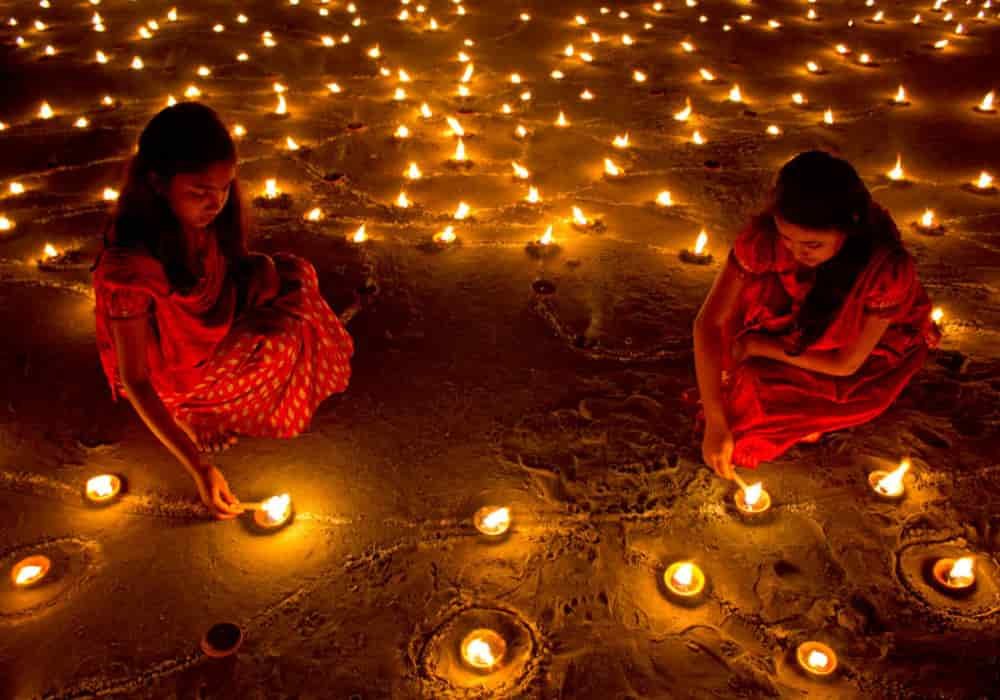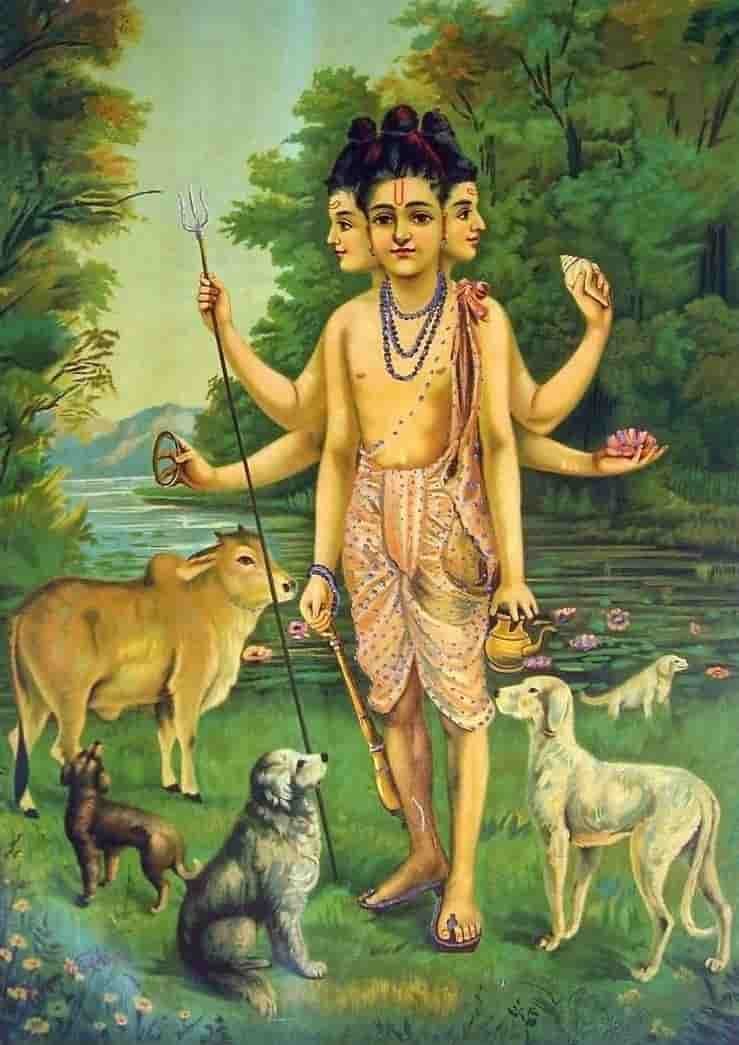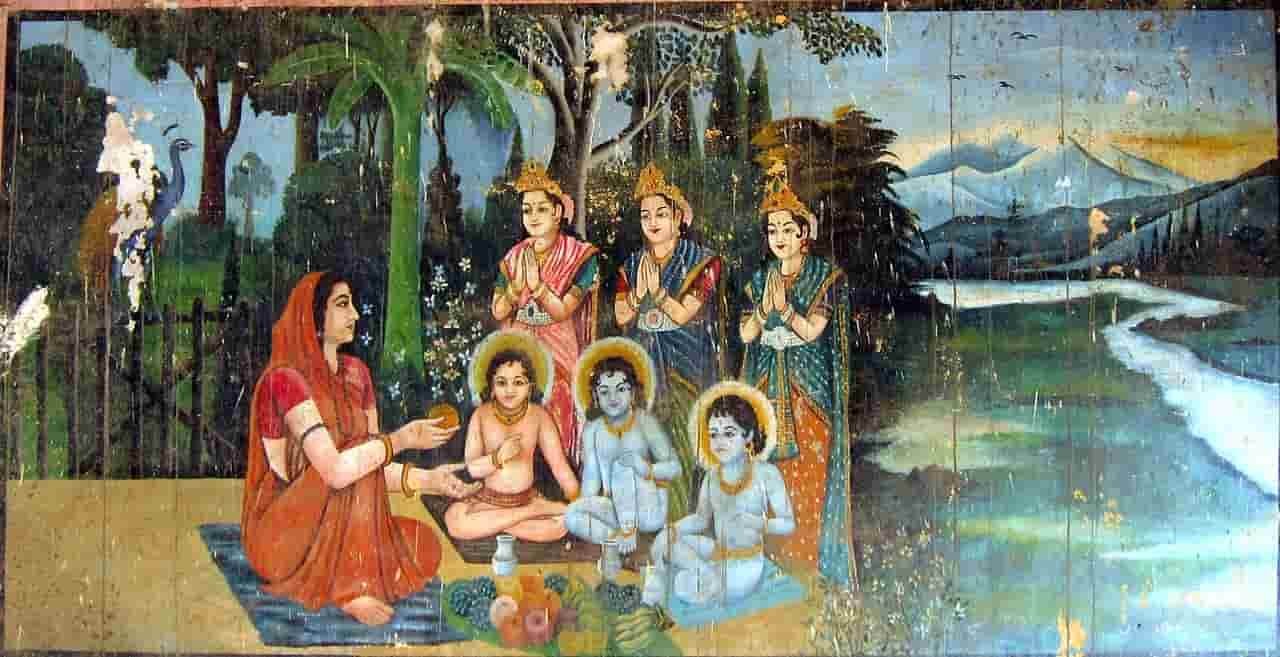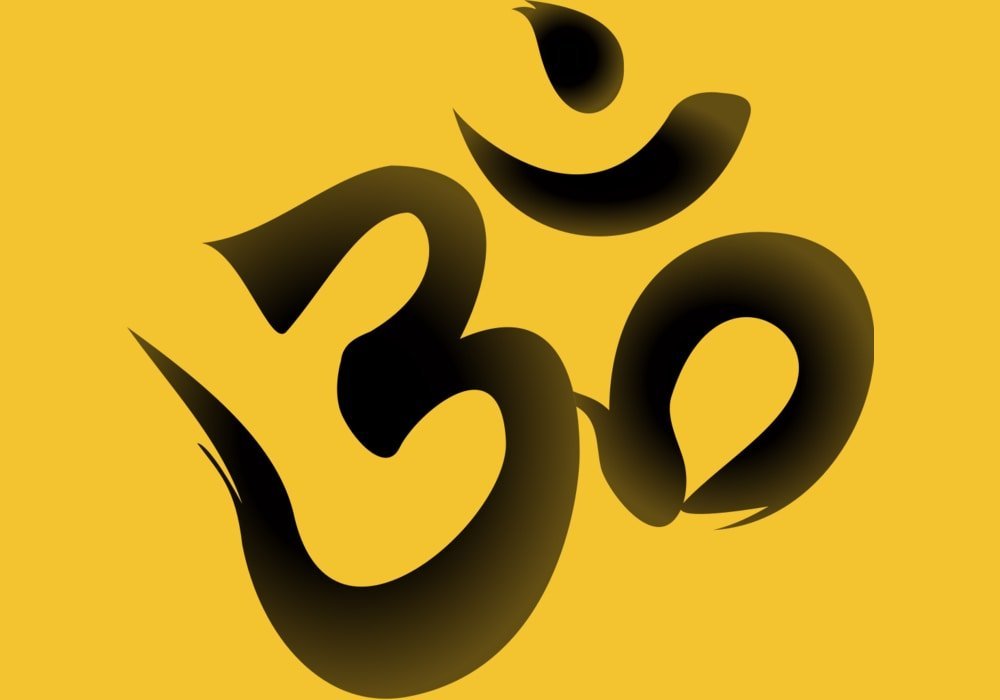Diwali
Diwali or Deepavali is celebrated by Hindus, Jains, Sikhs and Newar Buddhists, although for each religion marks a different historical event and story, it represents the same symbolic victory of light over darkness, knowledge over ignorance, and good over evil.
Diwali or Deepavali is an Indian festival of lights, usually lasting 5 days and celebrated during the Hindu Lunisolar month, Kartika (between mid-October and mid-November).
Diwali is celebrated in honor of Lakshmi, the goddess of wealth.
Diwali is an important festival for Hindus all over the world. It is also celebrated by Sikhs, Jains and Buddhists. Diwali commemorates the return of Lord Rama to his kingdom, Ayodhya, after a period of exile for 14 years. The people of Ayodhya light up the city brightly and greet Rama, Lakshman and Sita with crackers.
Diwali Festival is also believed to be a symbol of the return of Goddess Lakshmi. So people celebrate it by lighting lots of clay lamps called ‘diyas’ around their homes. It signifies the victory of good over evil and that is why Diwali is also known as the festival of light. People worship Goddess Lakshmi and Lord Ganesha on this day as it is believed to bring good luck, prosperity and wealth.
The meaning of this celebration
The festival is celebrated very differently in different parts of the Indian subcontinent, with diverse customs and different mythological references. Depending on the region, it takes between one and five days. The main message of the festival is the victory of good over evil, truth over lies, light over shadow and life over death.
For many Hindus, especially in northern India, it goes back to the day when the god Rama returned to his capital Ayodhya with his wife Sita and his brother Lakshmana after 14 years of exile in the jungle, as the Ramayana describes. As it was dark, people lit oil lamps along the way.
Read also: Hinduism | History, Hindu God, Shiva, Mythology, Spirituality and Worship
In the south of India, on the other hand, the people of Diwali see a reference to Krishna , who defeated the demon Naraka and freed sixteen thousand women who were in the captivity of the demon.
Significance and Importance of 5 Days of Diwali
The celebration of Diwali lasts for five days and each day has the following significance:
1. Dhanteras
Diwali begins with the first day known as ‘Dhanteras’ or wealth worship. Goddess Lakshmi is worshiped on this day and it is customary to buy anything of value. People clean and decorate their homes.
2. Naraka Chaturdashi or Choti Diwali
The second day is Naraka Chaturdashi or Choti Diwali. People wake up early and apply aromatic oil on them before bathing. This is said to remove all sins and impurities. They put on new clothes, offer Puja and enjoy by lighting diyas and breaking some crackers.
3. Lakshmi Puja
The third day is the main Diwali festival. Lakshmi Puja is performed on this day. Goddess Lakshmi is believed to enter the house and bless people with fortune. Small oil diyas, candles and electric lamps are placed around the house. Families exchange gifts and gather together to crack biscuits.
4. Govardhan Puja or Padva
The fourth day is Govardhan Puja or Padva. This is the day when Sri Krishna defeated Indra by lifting the great Mount Govardhan. People make small hills, usually from cow dung, symbolizing Govardhan and worshiping him.
5. Bhai Dooj
The fifth and last day is Bhai Dooj. On this day the sisters invite their brothers for a sumptuous meal and perform a ’tilak’ ceremony. The sisters pray for their brother’s long life and happiness while the brothers give gifts to their sister.
People display fireworks during Diwali but care must be taken not to cause noise and air pollution which can harm the environment.
Every year, the Hindus around the world celebrate the festival of Diwali. Here’s what to expect if you live in India, UK, Mauritius or South Africa
For the 900 million Hindus around the world, the vast majority of whom live in India, Diwali (also known as Deepavali) is the most important religious holiday of the year. It marks the return of the god Rama to the city of Ayodhya and thus the victory of light over darkness. It is therefore ritual to light oil lamps or other lamps on this occasion. In India, Diwali is a public holiday and often corresponds to a longer holiday. On this occasion, we clean and decorate the house, buy new clothes, give each other gifts and play gambling games.
Read also: Indonesian Cuisine Rich in Flavors and Spices | Most Famous Traditional Foods
But it’s not limited to India. The South African points out that this holiday is celebrated all over the world:
- In the UK: “The enthusiasm is such that you brave the cold to put the little lamps on the windowsills or on the doorsteps despite the cold. Lights and diyas [small clay oil lamps] help bring the Diwali vibe to your home”.
- In Mauritius: “Celebrating Diwali has been going on for a very long time. Diwali has special significance for locals who believe the holiday dates back to times well before Rama’s return to Ayodhya. We light oil lamps that we place on the ground to create patterns. We worship Lakshmi, the goddess of wealth, and we set off firecrackers to scare away evil spirits”.
- In South Africa: “There are almost 1 million Indian immigrants in the country. Most are concentrated in the eastern regions such as Kwazulu Natal and the Transvaal… Naturally, Diwali occupies an important place in the festive calendar of these regions. The celebrations are more or less the same as in India”.
Sources: PinterPandai, Mocomi, Walk Through India



